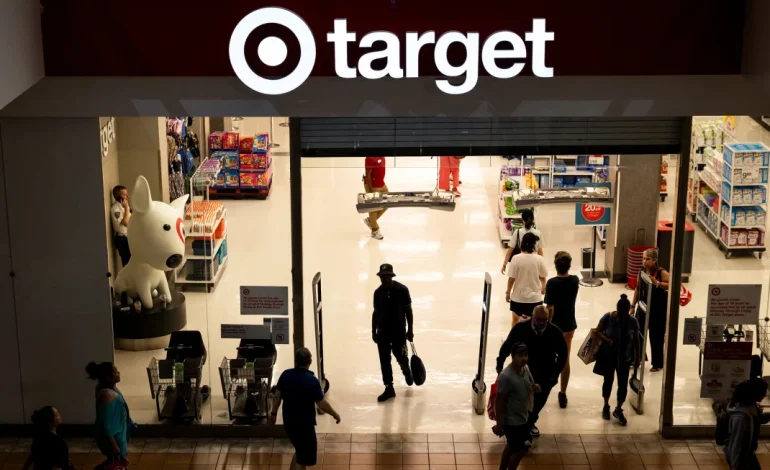Target is encountering significant backlash after it announced plans to scale back its Diversity, Equity, and Inclusion (DEI) initiatives in late January 2025.
The retail giant, known for its progressive stance on DEI, revealed that it was eliminating certain programs, including the removal of hiring goals for minority employees and discontinuing an executive committee focused on racial justice. In a statement, the company emphasized its ongoing commitment to “creating a sense of belonging” and pointed to a new strategy, “Belonging at the Bullseye,” which was introduced in 2024.
The move comes amid increasing pressure from conservative political figures and legal challenges targeting DEI practices. Target is one of several companies that have faced scrutiny and have responded by revising or halting their DEI programs, often due to external political and legal pressures. While other corporations have also adjusted their diversity strategies, few have faced as intense a response from both supporters and critics as Target has.
Target’s DEI initiatives had gained prominence in the wake of George Floyd’s murder in 2020, when the company publicly committed to advancing racial equity. The company had made pledges to increase its Black workforce and to spend billions on Black-owned businesses by 2025, along with creating a committee dedicated to racial equity. However, the recent changes to these initiatives have drawn sharp criticism from civil rights activists, Target customers, and even some of the company’s founding family members.
The backlash includes calls for boycotts from influential community leaders and an outpouring of negative comments on social media. For example, the daughters of Target’s co-founder expressed their dismay in a public letter, calling the company’s retreat from DEI efforts “a betrayal.” Additionally, some prominent Black faith leaders and activists, including Bishop Reginald T. Jackson, have launched a campaign to boycott Target, citing the company’s move as a betrayal of the communities that supported it.
Target’s decision has also triggered concern among its customer base, which includes a sizable portion of progressive shoppers who have aligned with the company’s previous commitment to social justice. The company’s reputation as a progressive retailer has been put to the test, with some former supporters now questioning the authenticity of its past commitments.
Despite these challenges, it remains unclear whether the backlash will lead to significant financial losses for Target. While the company experienced a decline in store foot traffic shortly after the announcement, some experts suggest that the effects of the backlash may not be as severe as those faced by other companies, such as Bud Light, following their own controversial decisions.
CNN, USA Today, and the Financial Times contributed to this report.










The latest news in your social feeds
Subscribe to our social media platforms to stay tuned